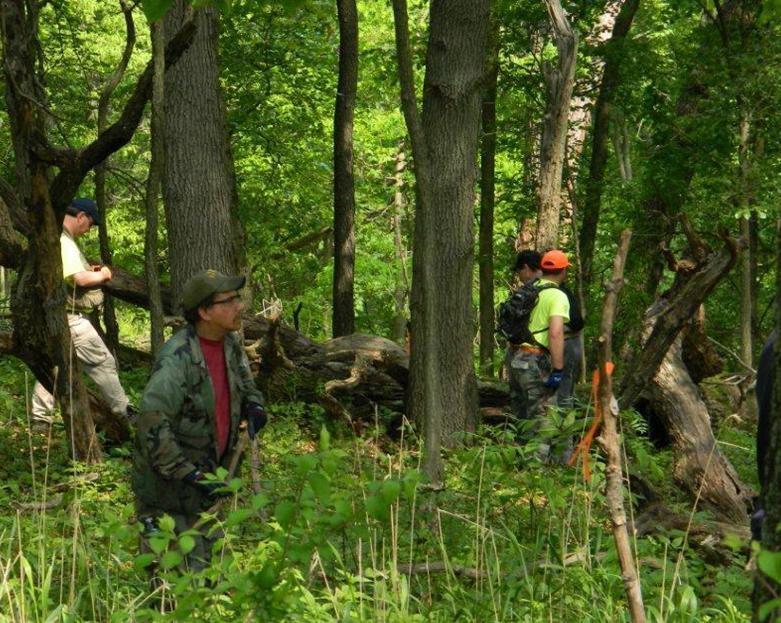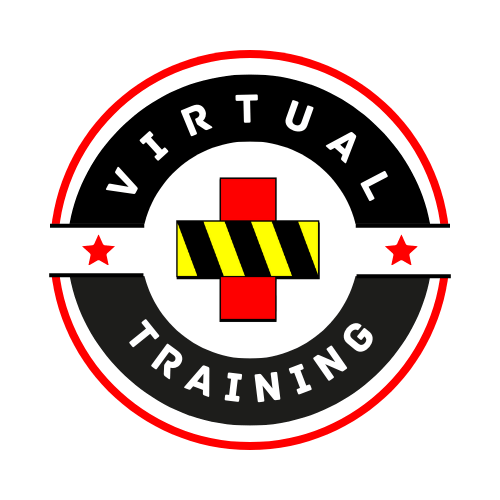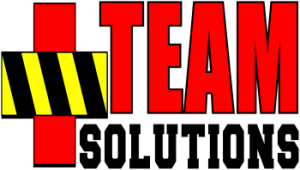Let me be clear: No. No. And Heck No.
Only those known, reputable teams that are officially requested should show up.
Sometimes the family of the missing person will request that a Search & Rescue team work only for them. In some circumstances these un-official Search & Rescue missions may be appropriate but only if the activity is endorsed and approved by the AHJ (so as to not interfere with the official Search & Rescue mission).
Example:
Little Timmy has been missing for a month.
The local police agency looking for him has run out of leads. They called off the official, resource-intensive search last week.
There's an organization from out of the area that promotes itself as a search team and recruits members of Little Timmy's community to conduct a large, unofficial search in an area that they claim holds the secret to Little Timmy's location.
The family - understandably desperate for closure - pays this group (or sometimes the group shows up for the free, promotional media coverage).
The police agency that has an open case on Little Timmy finds out on the news that this is happening and has little or no influence or oversight on any evidence recovered.

The media loves having this type of access and this attracts attention-seeking searchers from all over.
Rarely do these side-shows produce any real results in the search for Little Timmy.
However, the next time a serious SAR team is needed by the local agency, those people, and teams connected to those unofficial searches are unceremoniously left out.
You can tell from my tenor that I find this type of behavior unethical for any professional SAR Teams.
Sought after SAR Teams understand that they're an extension of the public agencies that request their services ... and they strive to protect that relationship at all costs.
Even it means missing out on a 'search' opportunity.
PRO Tip
I've worked with SAR team members from around the country and can say unequivocally that the teams that don't get called by their local agencies are also the same ones that play it fast and loose with these SAR ethics.
SAR requires professional standards even if you're a volunteer!
It is always best to work in support of the AHJ’s objectives and not against them.
If you've made it this far, you are likely committed to learning the right way and doing the right thing.
You may have even researched reputable SAR teams in your area already?

